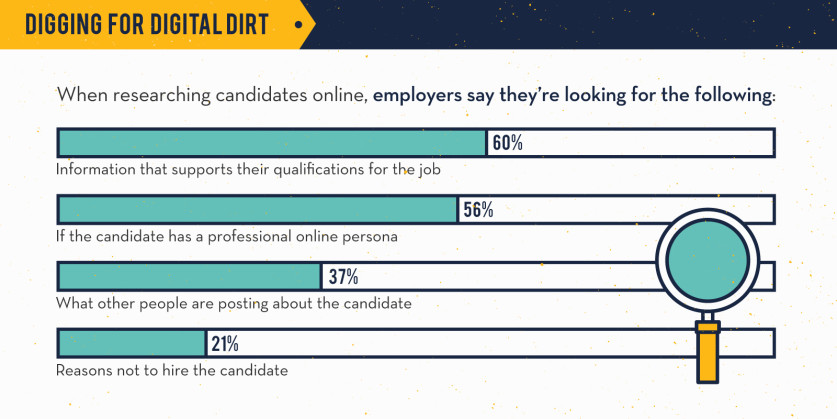
by Fronetics | Feb 22, 2016 | Blog, Content Marketing, Current Events, Marketing, Strategy
Content marketing grew one real estate marketing firm’s sales by 300% in less than a year.

Consumers are increasingly going online to conduct research before making a purchase. And that holds true for even the largest investments.
The National Association of Realtors reports that a whopping 94% of Millennials who recently purchased a home relied on websites in their search process. And that’s not just a generational phenomenon — the majority of Baby Boomers (84%) and 69 to 89 year olds (65%) did online research while seeking a new home as well.
Real estate marketers have an enormous opportunity to get their properties in front of more potential buyers through content marketing. With an inbound marketing strategy, customers who are looking for a property like yours will come to you through their own online research.
Take, for example, this case study about a prominent real estate marketing firm in one of the most competitive markets in the U.S. When traditional tactics weren’t bringing in the kind of business needed to sell 1,500 new-construction homes in a new planned community, the firm turned to a new content marketing program to increase web traffic and build brand awareness.
The results were almost immediate. The new digital and content marketing efforts drastically increased web traffic, conversions, and sales. In just 90 days, sales had increased by 37%, and in less than a year, a whopping 300%. At least one-fifth of buyers were sourced directly from the website.
Download this case study to learn more about how content marketing helped the real estate marketing firm drive traffic to their website and increase sales.


by Fronetics | Jan 27, 2016 | Blog, Leadership, Marketing, Social Media, Strategy
Should employers be monitoring or censoring employees’ social media?
 Censorship is always a hot-button issue, and, when combined with social media, things can heat up even more. The topic is debated in law school classrooms, at dinner parties, and in courtrooms. What should be shared and written on social media? Should companies censor what their employees post?
Censorship is always a hot-button issue, and, when combined with social media, things can heat up even more. The topic is debated in law school classrooms, at dinner parties, and in courtrooms. What should be shared and written on social media? Should companies censor what their employees post?
The waters still seem murky. Many companies don’t have policies around social media, but, with over 70% of online adults using Facebook, and the Internet-crazed Millennial generation now outnumbering Baby Boomers, they should look into putting some guidelines and policies into place.
Who’s Digging?
Many companies, up to 60%, now research candidates according to Career Builder. Up to 48% of companies who have researched candidates have found reasons not to hire them. According to the site, reasons range from provocative photos, references to drug or alcohol use, badmouthing a former employer or colleague, poor communication skills, and discriminatory comments.

Source: Career Builder
A New Generation
Although the retiring workforce does use the Internet (46% of those 65+, and 65% of those between ages 50-64), their numbers cannot compare to users in the younger, upcoming workforce (90% of those between 18-29).
The Millennial generation was born and raised in the digital age. Many of them have never heard of the Dewey Decimal System or know a life before cell phones. Their digital devices, and the Internet, have been their best way to research and connect. They are accustomed to throwing political views, photos, and personal experiences — good or bad — out into the cyber world. Many have already had the experience of poster’s regret, which might have taught them a lesson, but may also have blunted the idea of permanent mistakes. If one can delete a post and apologize, why not post away and worry later?
To Monitor or Not Monitor, That is the Question
Thinking carefully about what your expectations are of employees, and addressing those expectations in writing, is an important step to consider.
We assume that most employees know they shouldn’t post anything that damages the reputation of the company, its products, and employees, but it may be best not to assume. A case study in a recent Harvard Business Review provides a perfect example of what can happen if policies aren’t put into place.
In his Time piece, “Why Monitoring Employees’ Social Media is a Bad Idea,” author S. Kumar argues that while monitoring candidates might make sense, monitoring current employees breeds a suffocating and intrusive atmosphere:
“By allowing workers to live their personal lives without intrusion, smart businesses can make a powerful statement; namely, that they accept them for who they are, treasure their professional contributions to the company, and want them to be happy and fulfilled outside as well as inside the office. This, in turn, would inspire loyalty and boost productivity in the workforce, and make those companies more profitable.”
However you feel about the topic of monitoring, and even censoring, it’s important to be clear with employees about expectations. A general statement about employee behavior and representation of the company might be enough to instill deeper forethought when employees post, comment, and like.
Do you monitor your employees’ social media accounts? Do you have a policy in place that covers personal social media activity?





